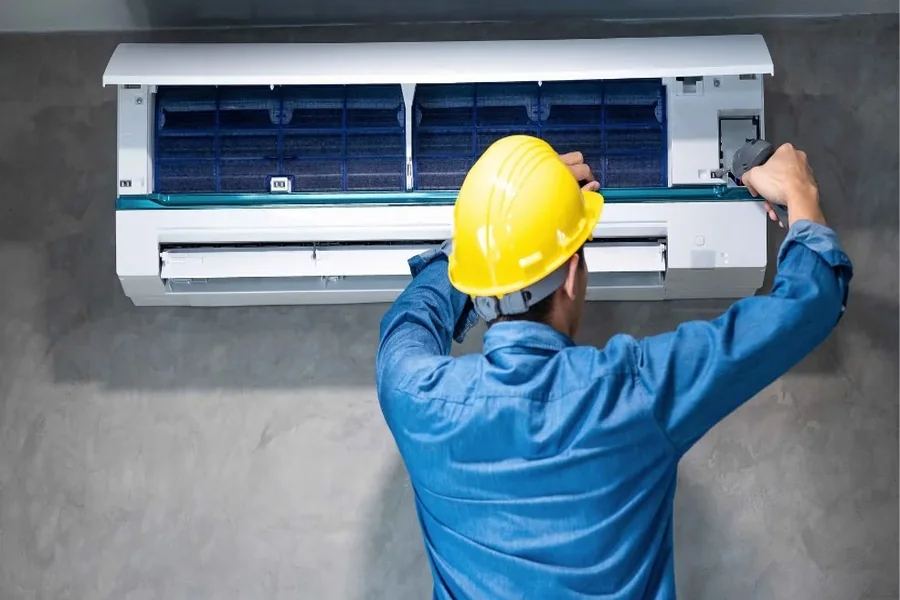Indoor air quality (IAQ) is a crucial aspect of home comfort that often goes unnoticed, yet it has a profound impact on the health and well-being of occupants. A comprehensive understanding of how your HVAC system influences the air you breathe indoors is essential. At Westland HVAC + Plumbing, we emphasize the importance of this connection, especially for residents seeking the best HVAC company in West Park, OH.
Defining Indoor Air Quality
Indoor air quality encompasses the characteristics of air within residential spaces and is a significant determinant of health for inhabitants. Several factors contribute to IAQ, including natural ventilation, which facilitates the circulation of fresh outdoor air into the home, and humidity levels that can promote or inhibit mold and dust mite proliferation. Additionally, allergens such as pet dander, pollen, and dust can exacerbate respiratory issues and allergies among family members.
An efficiently functioning heating, ventilation, and air conditioning (HVAC) system is vital for managing these elements effectively. Beyond regulating temperature and humidity, it filters out pollutants and ensures proper air circulation throughout indoor environments. Neglecting HVAC maintenance or providing inadequate ventilation can lead to the accumulation of indoor contaminants, resulting in diminished air quality and potential health risks. Therefore, maintaining optimal IAQ is essential for fostering a healthy living environment, enhancing comfort, and mitigating health concerns related to poor air quality.
The Role of HVAC Systems in Air Quality Improvement
Your HVAC system serves a critical function that extends beyond mere temperature control; it is integral to air circulation within your home. If not maintained properly, HVAC units may recirculate pollutants and allergens, thereby compromising indoor air quality. Regular maintenance and effective air filtration are necessary for capturing dust, mold spores, and other contaminants before they enter living spaces.
The Importance of Quality Filtration
A primary role of your HVAC system is effective air filtration. Utilizing high-quality filters can significantly enhance indoor air quality by trapping airborne particles. For instance, upgrading to HEPA filters can efficiently eliminate even the smallest pollutants. Collaborating with a trusted HVAC provider in West Park, OH, such as Westland HVAC + Plumbing, can assist you in selecting and installing the most suitable filter for your system.
Humidity Control: A Key Factor
Humidity control is another critical component of air quality that your HVAC system helps regulate. Excess moisture can encourage the growth of mold and mildew, while insufficient humidity levels may lead to respiratory discomfort and dry skin. Incorporating a dehumidifier or humidifier into your HVAC system can create a more balanced and healthier indoor environment.
The Significance of Regular HVAC Maintenance
To ensure optimal performance of your HVAC system, regular maintenance is imperative. This includes changing filters, cleaning ducts, and scheduling professional inspections. Westland HVAC + Plumbing underscores the importance of routine check-ups, which not only prolong the lifespan of your system but also guarantee improved air quality within your home.
Conclusion
Understanding the critical relationship between your HVAC system and indoor air quality is essential for every homeowner. By partnering with Westland HVAC + Plumbing—the premier HVAC provider in West Park, OH—you can ensure that your home remains a comfortable and healthy space for your family. Prioritizing the assessment and enhancement of your indoor air quality is an invaluable investment in both health and overall well-being.

